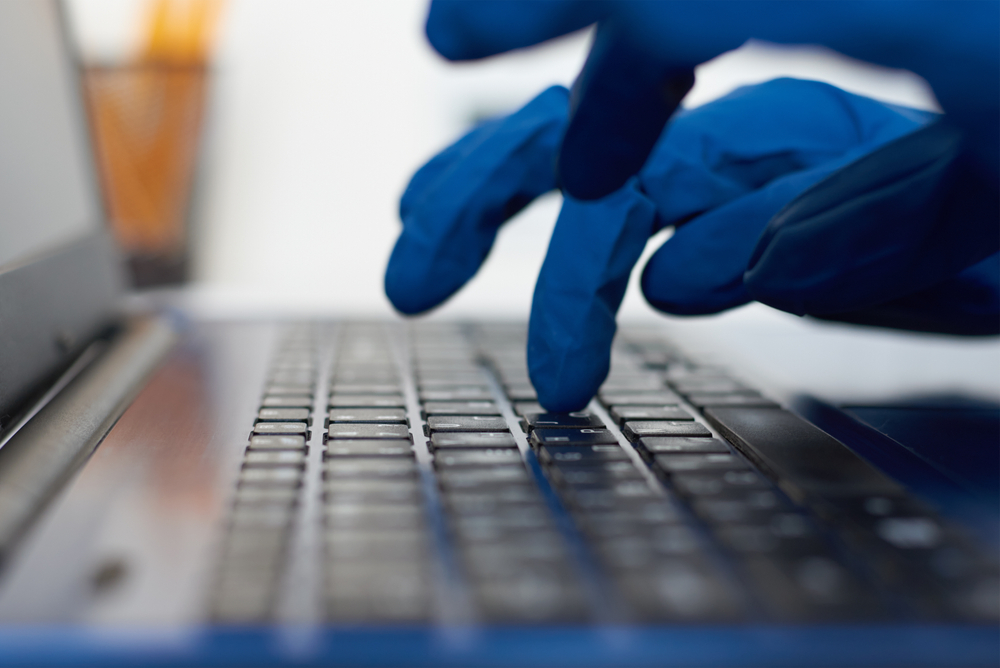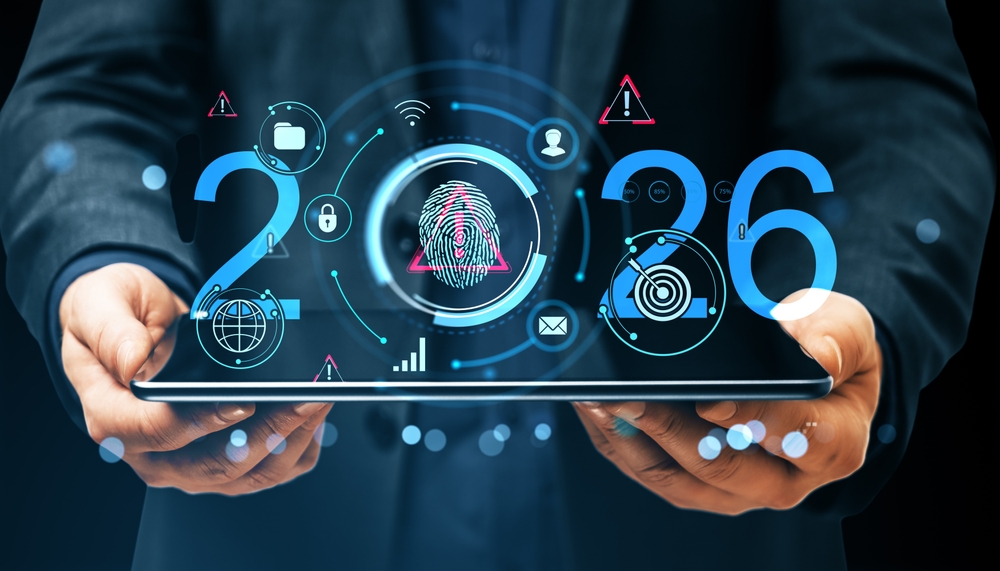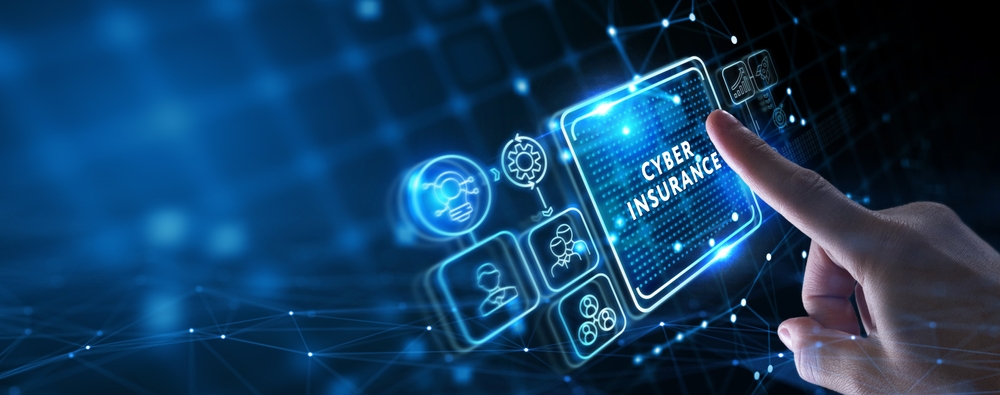Cyber hygiene is super important for your security. Like normal personal hygiene, it is several simple practices that can help you withstand attacks like security breaches, hackers, and phishing attacks. But how do you practice it, and why should you?
Good cyber hygiene practices help keep you safe from the dangers of the internet. Let’s look at our hygiene checklist so you can stay safe online in 2025.
What is Cyber Hygiene?
Cyber hygiene means the care you give to your online stuff. This includes keeping your devices and information clean and safe. Washing your hands stops germs. Good cyber behavior stops digital germs like viruses and hackers.
Why is it Important?
Criminals online always try new tricks to get your info or mess up your gadgets. Good cyber hygiene stops them. It keeps your stuff private and your devices working well.
How Can You Improve Your Passwords?
Passwords are like keys to your online home. You want them to be strong. Here are some tips:
- Use Long Passwords: Longer passwords are harder to guess. Try using a sentence. For example, “I love eating pizza on Fridays!” is a good password.
- Mix it Up: Use different types of characters. Mix in numbers, symbols, and both big and small letters. “I<3EatingPizza0nFridays!” is even better.
- Don’t Reuse Passwords: Use a unique password for each account. If someone steals one, the others stay safe.
Why Should You Update Your Software?
Updating your software is like getting a flu shot. It protects your sensitive data from new threats. Here’s why it’s important:
- Fix Security Holes: Updates usually fix problems in your software. These are holes that bad guys can use to get in. Updating closes these holes.
- Get New Features: Updates can also give you new cool stuff. Your apps may work better or do more things.
- Set Automatic Updates: Turn on automatic updates when you can. Then you don’t have to remember to do it.
How Does Two-Factor Authentication Work?
Two-factor authentication is like putting two locks on your door. It makes it harder for bad guys to break in. Here’s how it works:
What is 2FA?
2FA needs to jump two hoops to prove it’s you. Usually, one is your password. The second hoop might be a code sent to your phone or your fingerprint. This is one of the easiest ways to keep your data secure.
Why Use 2FA?
If someone steals your password, they still can’t get in. They don’t have the second step whether it’s a set of codes or a passkey. It’s much safer. Ideally, you want to use 2FA on all your important accounts. These include email, banking, and even social media. Anywhere where important information is stored in that account would benefit from two-factor authentication.
Are You Being Careful on Public Wi-Fi?
Public Wi-Fi can be very dangerous. It’s like yelling in a crowded place. Anyone could listen. Here’s how to stay safe:
- Using a VPN: A VPN is like a secret tunnel to the internet. It keeps your information private, even on public Wi-Fi.
- Avoid Sensitive Tasks: Don’t do banking or shopping on public Wi-Fi. Wait until you’re on a safe network.
- Turn Off Auto-Connect: Don’t let your device connect to any Wi-Fi network by itself. It might connect to a fake, bad network.
How To Identify Phishing Scams?
Phishing is when a bad guy tries to trick you into giving away your information. It’s like a fake fisherman trying to catch you. Here’s how to avoid the hook:
Check the Sender
Look closely at who sent the message. Scammers often use names that look real but aren’t. The difference between the scammer’s email and a real email could be something as small as a period out of place. Be on guard for these small differences.
Don’t Click Suspicious Links
If a link looks weird, don’t click it. Did you know you can check a link without clicking on it? Hover your mouse over the link and examine the URL. Does it look like a trustworthy site, or is there something off about the URL? If anything seems wrong, don’t click it.
Be Wary of Urgent Messages
Scammers often say you need to act fast. Real companies rarely do this. You will never get a message like that from Meta, Google, or any other trustworthy business.
Are You Backing Up Your Data?
Another way you can maintain your cyber hygiene is by backing up your data. This practice is like making copies of your important papers. If something bad happens, you don’t lose everything. Here’s why it’s important:
Ransomware can lock up your files. But, if you have backups, it doesn’t matter if the ransomware locks up your files because you still have your own copy. Another reason we recommend backing up your data is that some people delete things by mistake.
Backups let you get them back. We recommend keeping 3 copies of your data, on 2 different types of storage, with 1 copy off-site.
How Often You Should Review Your Privacy Settings?
Your privacy settings are like curtains on your windows. They let you control what others see. Check them often:
- Schedule It: Check your privacy settings every few months. Write it down so you don’t forget.
- Check All Your Accounts: Don’t forget about old accounts. If you don’t use them, close them.
- Limit What You Share: Only share what you need to. The less you share, the safer you are.
Want to Level Up Your Cyber Hygiene?
Good cyber hygiene protects you from online bad guys in 2025. Use strong passwords, update your software, and be careful on public Wi-Fi. Watch out for phishing scams. Always back up your data. Check your privacy settings and teach your family about online safety.
Want to know more about staying safe online? We can help! Contact us for more tips on cyber hygiene. Let’s make your online life easier and safer together!
Article used with permission from The Technology Press.




